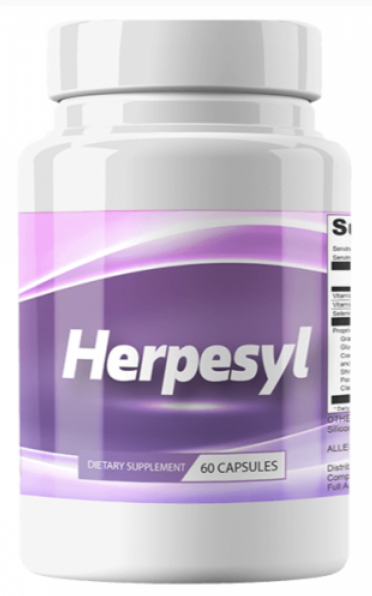One of the stranger symptoms of genital herpes is nerve pain down the leg, usually on one side. No spots, no sores, just highly sensitive and painful skin sensations. Herpes nerve pain is real and recognized by medical journals, but many physicians may not know about it. Many people with HSV report left leg pain. Here’s what to know, and do, for herpes simplex neuropathy.

Herpes Nerve Pain: Symptoms
Herpes-related nerve pain can be extremely uncomfortable. What does it feel like? Most people describe it as a muscle and skin tenderness that makes the skin surface extremely sensitive to touch.
Even fabric of clothes can be painful, a phenomenon known as allodynia.
Other times, it’s described it as an “electrical shock” sensation.
Herpes leg pain almost always happens on one side of the body. It usually starts at the base of the spine (tailbone) and down the left thigh, although it can also occur on the right leg. The nerve pain can spread over the next days or weeks down the leg, or around the low back and buttocks, and also might be felt in the genital area.
What is it?
Medical journals call this symptom of HSV-2 radiculopathy. It’s a neurological side effect of HSV-2 genital herpes that usually shows up in immunocompromised patients. (1) However, it doesn’t only occur in immunocompromised people, as seen by the number of people who complain of it with no immune system issues.
Experts have also called this type of nerve pain herpes simplex neuropathy.
It’s accepted that shingles, which is also a herpes virus, can cause a side effect called post-herpetic neuralgia. Could this be similar?
It makes sense. When the herpes virus isn’t active, it lies dormant in the sacral ganglia – the base of the spine. So when the virus becomes active, it’s not unlikely that the spine and nerves would be affected. Luckily, however, it usually goes away with antiviral treatment or time.
In cases of HSV, some might confuse the sensation with sciatica, affecting the sciatic nerve. However, there will be no relation to herniated discs or any other obvious physical trauma.
It also happens on one side of the body. If it’s on both sides, there is likely a different cause.
When Does it Happen?
Since herpetic nerve pain often occurs before an outbreak, it may be a herpes prodrome symptom. Prodrome symptoms are the warning signs you might sometimes get when you are about to have an outbreak.
The good news is that prodrome symptoms can help someone know to start treatment before a full-blown outbreak occurs. (Note: Prodrome symptoms can also signal that you are contagious through viral shedding.)
How to Relieve Herpetic Nerve Pain
Herpes nerve pain and left leg pain can be extremely uncomfortable. Fortunately, these symptoms typically will fade the same way outbreaks do. Of course, you would probably still prefer to shorten that time frame.
Antivirals: The best thing to do is to take any antiviral medication your doctor has prescribed you (Valtrex or acyclovir, for example), and watch your diet for any known herpes triggers and manage those. This can speed up the healing time and also prevent it from becoming a full-blown outbreak. Many people in forums have noted that nerve pain stops just as any outbreak would when they take an antiviral medication.
Comfort: For immediate relief, you should of course avoid touching or lying on the area or wearing restrictive clothes. Taking a shower, a bath, or lying still with a heating pad may also help.
Over-the-counter pain medicine like acetaminophen or ibuprofen can be helpful.
Topical Creams: Creams that contain the active ingredient capsaicin may stop the pain signals from reaching your brain. In fact, one such cream is used specifically for post-herpetic neuralgia related to shingles, another for the herpes virus. See our guide to topical remedies.
See a Doctor You Trust
Herpes leg pain and nerve pain seem to be fairly common among genital herpes sufferers, but that doesn’t mean all GPs are aware of it. It’s important to find a physician you trust to discuss your symptoms and treatment options. If needed, feel free to show this to your practitioner.
Fortunately, when treated like any prodrome symptom, herpes nerve pain is useful as a warning of an outbreak or a contagious period. By treating the symptoms like a regular herpes outbreak, the discomfort can be resolved quickly.
Was this article helpful to you? Please consider sharing it on socials or posting it to a forum where it can help others with HSV symptoms that may be under-recognized.








